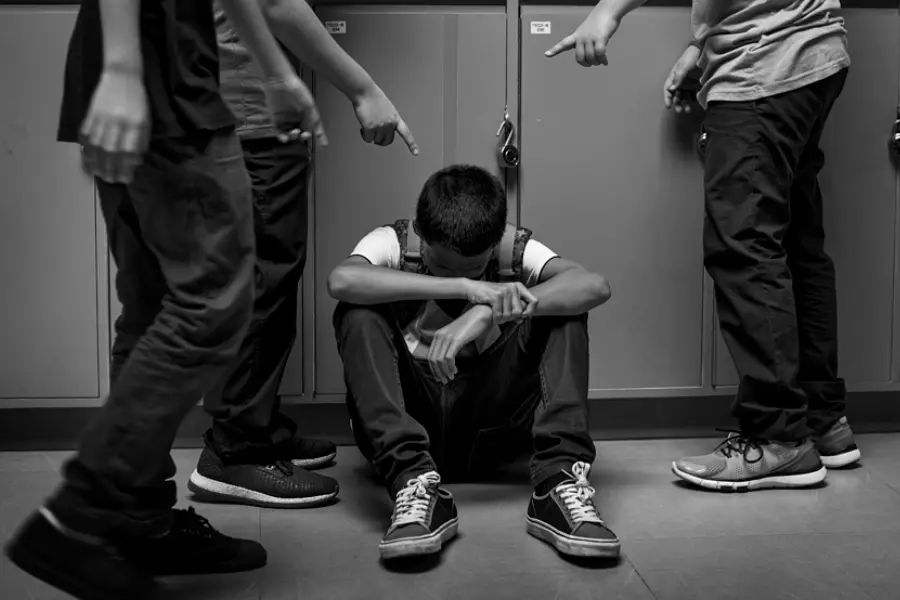
Tooth Loss in Youth Tied to Increased Bullying
Adolescence is already a challenging time marked by rapid physical changes, shifting social dynamics, and growing self-awareness. Now, new research reveals that dental health—specifically tooth loss—can significantly influence whether a teenager becomes a target of bullying. According to the study, adolescents who lose teeth are 42% more likely to experience bullying compared to their peers who have not suffered tooth loss.
🔍 The Study Behind the Findings
The research followed approximately 4,400 children from the ages of eight to fifteen, carefully tracking dental health outcomes alongside social experiences. What emerged was a striking correlation between missing teeth and instances of bullying. Teenagers who had lost teeth, whether due to untreated decay or accidental trauma, reported substantially higher rates of being mocked, excluded, or harassed by their peers.
Lead researcher Professor Ankur Singh from the University of Sydney emphasized that dental health should not be seen solely as a clinical matter. Instead, he argued, tooth loss during adolescence represents a social risk factor, shaping not only a young person’s physical well-being but also their emotional resilience and social development.
👥 The Social Consequences of Tooth Loss
Appearance plays a central role in peer acceptance during teenage years, and missing teeth can make adolescents feel self-conscious and vulnerable. This vulnerability can, unfortunately, translate into bullying. The consequences go beyond temporary embarrassment: young people who are bullied often face anxiety, lowered self-esteem, social withdrawal, and even long-term health problems such as obesity, sleep disturbances, or depression.
In this sense, the study reframes tooth loss as more than a dental issue. It is also a public health and social equity challenge, highlighting how oral health disparities can ripple outward into broader aspects of adolescent development and well-being.
📊 Broader Data on Oral Hygiene and Habits
The research also drew on findings from the Dental Wellness Trust, which surveyed parents and children about oral hygiene routines. The results showed that:
24% of children admitted they occasionally skipped brushing due to distractions or forgetfulness.
52% of parents cited time pressures, such as rushed mornings or fatigue at night, as reasons their children did not brush regularly.
10% of parents reported that their children disliked the strong taste of toothpaste, and 7% said tooth sensitivity was a deterrent.
These everyday challenges in oral hygiene, when compounded by socioeconomic inequalities, can set the stage for untreated decay and eventual tooth loss—both of which increase vulnerability to bullying.
💡 A Call for Preventive Action
Professor Singh and his colleagues argue that policymakers must recognize oral health as a vital component of adolescent well-being, not just in terms of preventing cavities but also in fostering positive social outcomes. He advocates for greater government investment in preventive dental programs, improved access to affordable care in underserved areas, and stronger education campaigns for families.
By investing in prevention and equity, he suggests, societies can reduce not only the incidence of tooth loss but also the hidden social costs—such as bullying—that too often accompany it.
🌍 Beyond the Smile: Why This Matters
This research underscores that oral health is deeply intertwined with social health. A missing tooth might appear to be a small clinical problem, but for a teenager navigating fragile social hierarchies, it can mean the difference between belonging and exclusion. Recognizing this connection allows dental professionals, educators, and policymakers to better support adolescents, ensuring that oral health is addressed as part of a holistic strategy for youth well-being.
📖 Original Article
Source: Teens who lose teeth 42% more likely to be bullied — Dentistry.co.uk (4 September 2025)